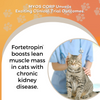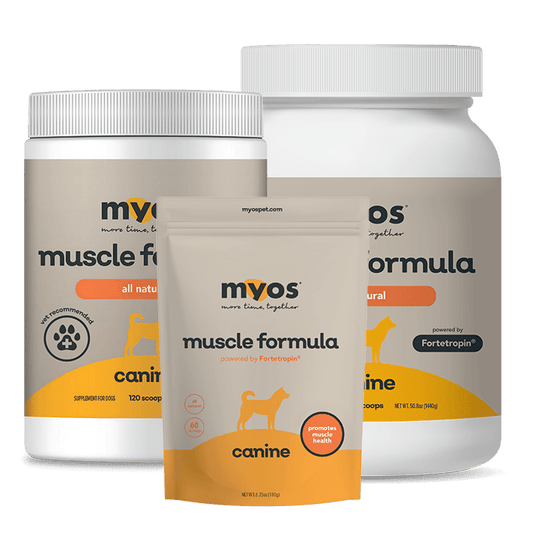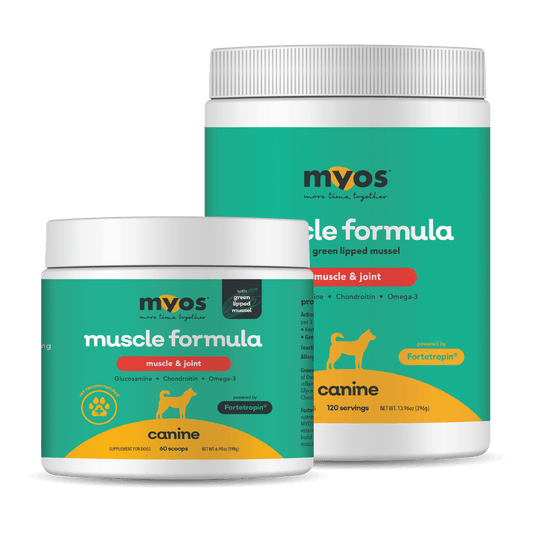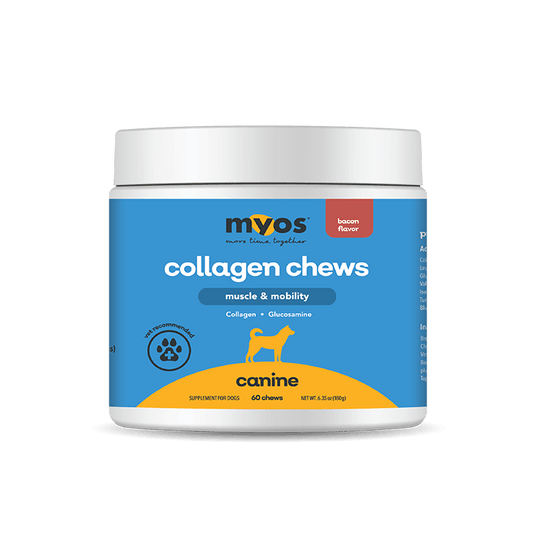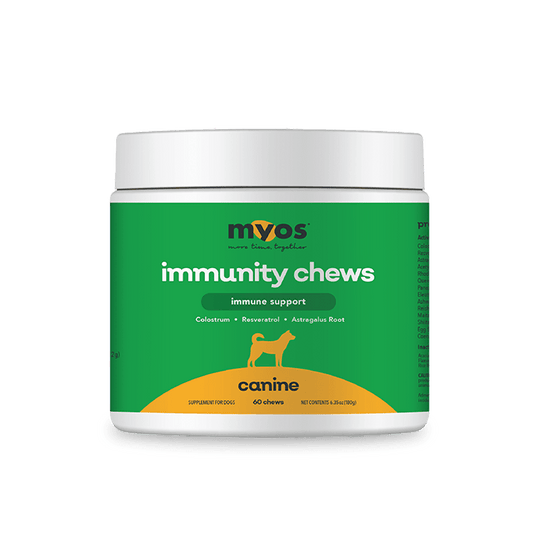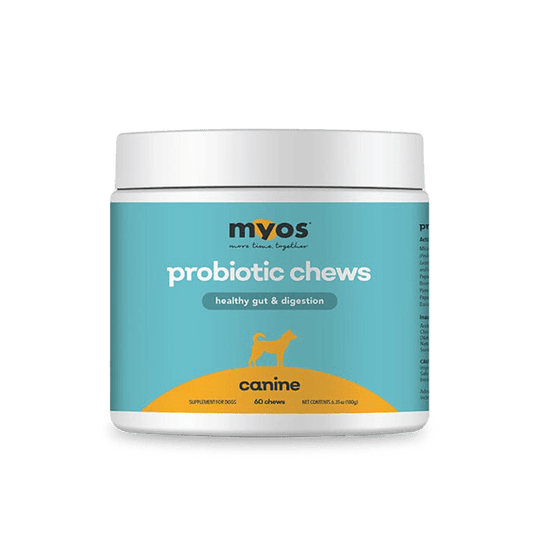Chronic Kidney Disease (CKD) is a common ailment among cats, especially as they age. It occurs when a cat's kidneys gradually lose their ability to function properly, leading to a buildup of toxins in the body. While there is no cure for CKD, there are ways to manage the disease and improve a cat's quality of life. One important aspect of managing CKD in cats is to keep their muscles strong.
Why is muscle strength important for cats with CKD?
Cats with CKD often experience muscle wasting, a condition where the muscles become weaker and smaller, likely as a result of the changes and complications in their metabolic process. Maintaining muscle strength is important for cats with CKD for several reasons.
Firstly, strong muscles help cats maintain their mobility and ability to move around. This is important for their overall quality of life, as well as for their ability to perform basic tasks such as using the litter box or climbing onto furniture.
Secondly, strong muscles can help support a cat's joints and prevent injuries. This is especially important for older cats, who may be more prone to joint problems such as arthritis.
Finally, maintaining muscle strength can also help cats with CKD maintain a healthy weight. Cats with CKD often lose weight due to loss of appetite or prescribed change in diet, and maintaining muscle mass can help prevent further weight loss and promote overall health.
How can you keep your cat's muscles strong if they have CKD?
There are several things you can do to help keep your cat manage CKD and proper nutrition plays an important role.
Water
This makes it critical for you to provide your cat with an unlimited supply of fresh water. Change your pet’s water several times a day and consider the use of a running water fountain to increase water interest.
Specific Diet
There is good evidence that feeding a renal diet does slow down the progression of CKD. Cats fed a renal diet live longer than cats not fed a renal diet. Decreased dietary protein may slow the progression of CKD by decreasing the workload on the kidneys to excrete protein waste products.
Less protein also means less need for the excretion of protein itself through the filtration mechanism of the kidney, which helps preserve kidney function. In addition, limiting dietary phosphorus in cats with CKD appears to help delay the progression of CKD, although the precise mechanism is unknown.
Dietary supplements
Dietary supplements, such as Fortetropin and Omega 3 Fatty acids, may help support muscle heath in cats with CKD. In a recent study at the North Carolina State University College of Veterinary Medicine, Fortetropin in MYOS Feline Muscle Formula increased lean muscle mass without any negative side effects.
Omega-3 fatty acids help reduce the production of inflammatory compounds that create oxidative stress to the tissue of the diseased kidneys, thus contributing to slowed progression of CKD. Talked to your Veterinarian on whether supplements may be appropriate for your cat.
Encourage exercise
Even if your cat is less active than they used to be, it's still important to encourage them to move around and get some exercise. You can do this by providing toys and scratching posts for them to play with, or by setting up a comfortable and safe area for them to explore.
Manage pain
If your cat is experiencing joint pain or other discomfort, it can be harder for them to stay active and maintain muscle mass. Talk to your veterinarian about pain management options that may help your cat feel more comfortable.
In conclusion, maintaining muscle strength is an important aspect of managing CKD in cats. By encouraging exercise, feeding a high-quality diet, considering supplements such as Myos Feline Muscle Formula, and managing pain, you can help keep your cat's muscles strong and improve their overall quality of life.
If you have any concerns about your cat's muscle health, be sure to talk to your veterinarian.
Read Our Press Release
MYOS CORP Announces Results from Clinical Trial on the Impact of Fortetropin® in Cats Suffering from Chronic Kidney Disease
Fortetropin supplementation increased lean muscle mass in 70 percent of subjects while contributing no adverse side effects.
Read More


